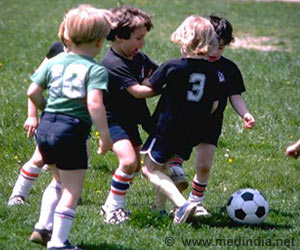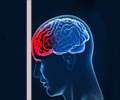How much do people really know about how to spot a concussion, what to do about it, and how they are treated? Many people don't know how a concussion is caused.

‘Concussions usually are caused by a blow to the head, they also can occur when the head and upper body are violently shaken.’





A concussion is a traumatic brain injury that alters the way your brain functions. Effects are usually temporary, but can include headaches and problems with concentration, memory, balance and coordination. Although concussions usually are caused by a blow to the head, they also can occur when the head and upper body are violently shaken. These injuries can cause a loss of consciousness; however, most concussions do not. Because of this, some people have concussions and don't realize it. Concussions are common, particularly if you play a contact sport. Mayo Clinic has these experts available for media interviews:
Arizona:
- David Dodick, M.D., neurologist and the medical director of the Headache Program and the Sports Neurology and Concussion Program
- Amaal Starling, M.D., neurologist, headache and concussion expert
- Charles Adler, M.D., Ph.D., neurologist, movement disorders specialist, brain bank research
- Jennifer Wethe, Ph.D., neuropsychologist and concussion and rehabilitation expert
Minnesota:
- Rodolfo Savica, M.D., Ph.D., neurologist
- Michael Stuart, M.D., orthopedic surgeon and co-director, Mayo Clinic Sports Medicine
- David Soma, M.D., pediatric sports medicine physician
Florida:
Advertisement
- Jennifer Maynard, M.D., family and sports medicine consultant
- Kristina DeMatas, D.O., family medicine consultant
- Kevin Bieniek, predoctoral student in Mayo Graduate School''s Neurobiology of Disease program and brain bank researcher
Source-Newswise










